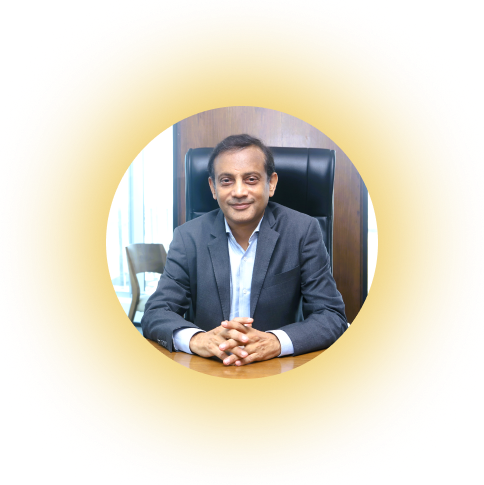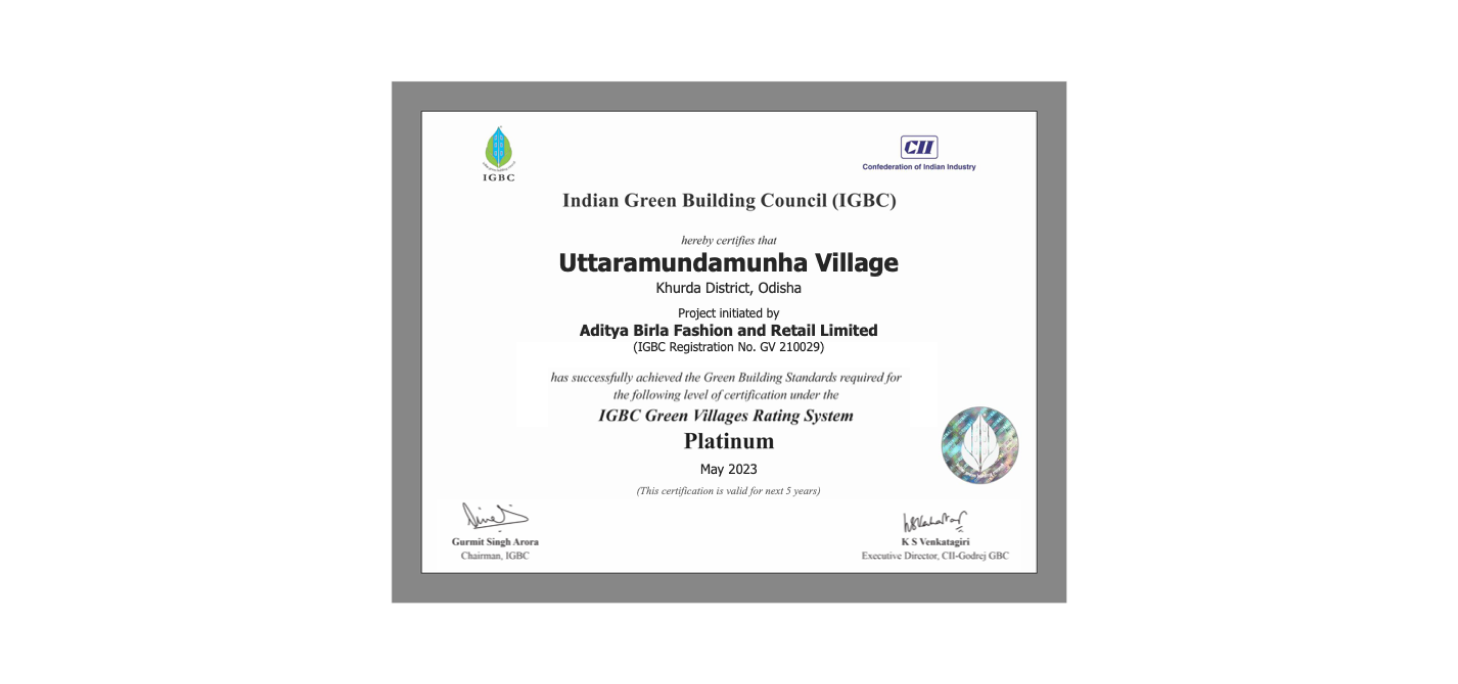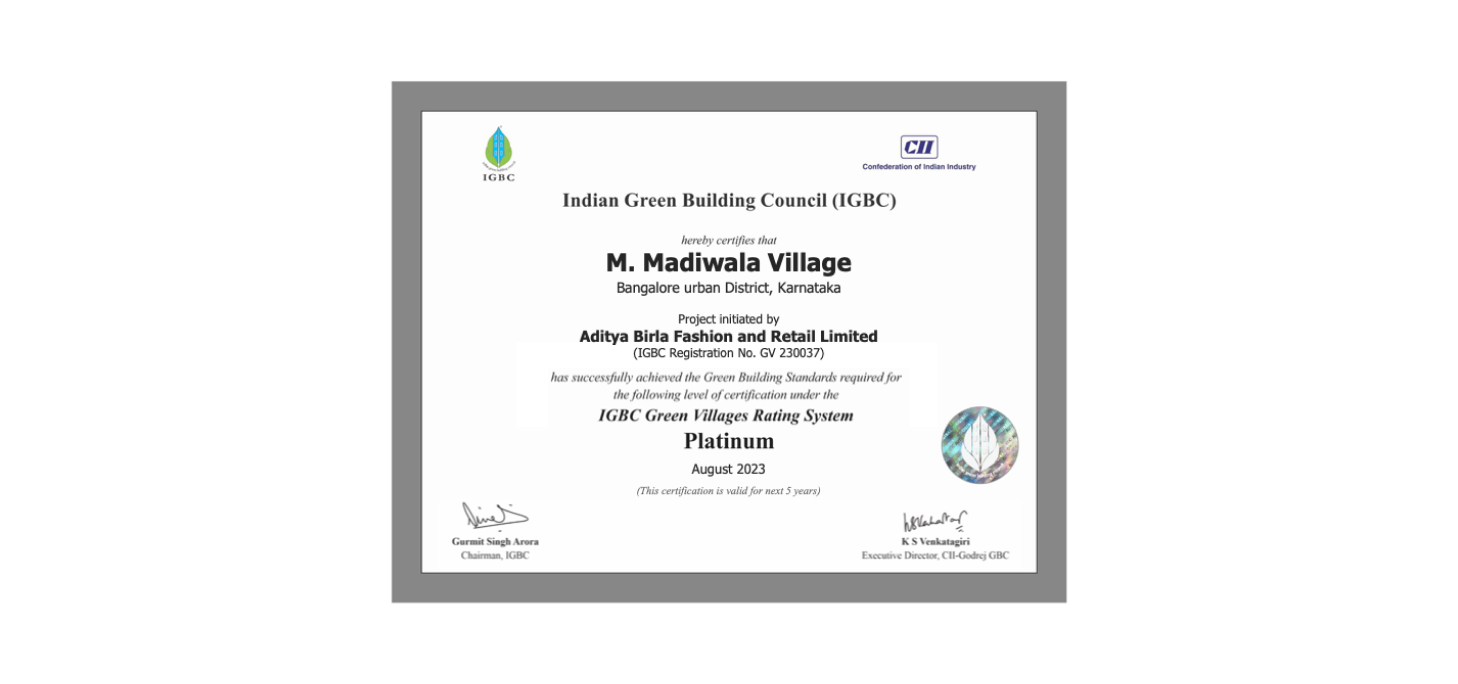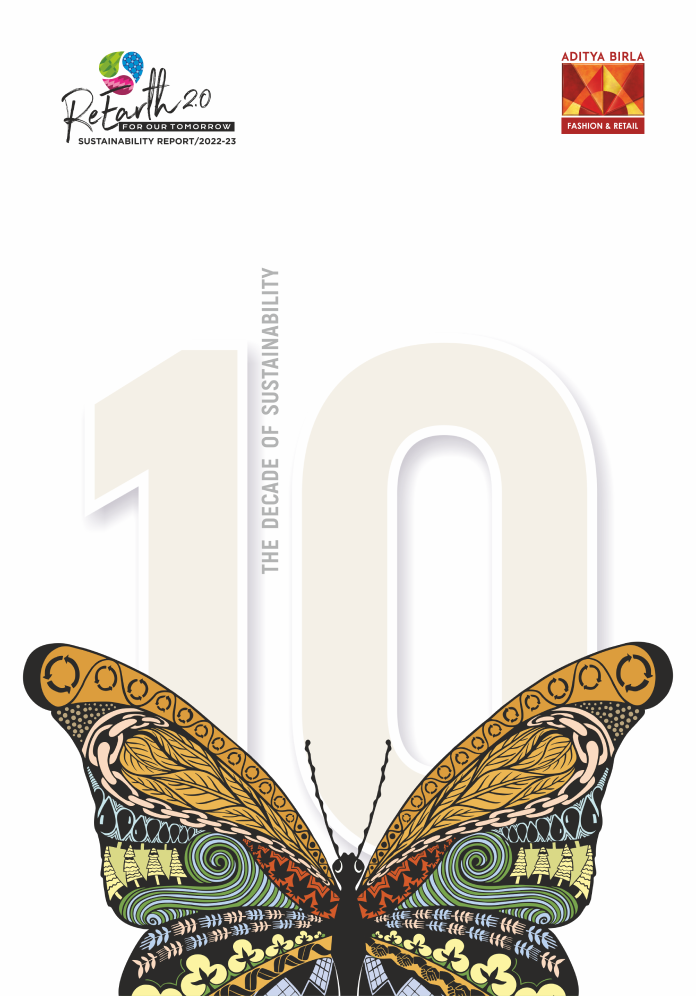

What’s New
Journey with ReEarth

ABFRL embarked on its sustainability journey ‘ReEarth – For Our Tomorrow’ in the financial year 2012-2013 with focus on operations, seeking to restore the balance between natural and business ecosystems.
It witnessed significant achievements across the defined Mission 2020 targets and the financial year 2020-2021 marks a successful transition to Sustainability 2.0 from ‘Process-led to Product-led’, with a focus on product design and development, customer centricity and supply chain.
The five-year roadmap (2021 – 2025), aims to achieve ambitious sustainability targets and business goals while balancing risks and opportunities for all relevant ESG initiatives. This transition shall embed sustainability across the whole spectrum of design development, supply chain and consumer end of use for product life cycle.
Our Sustainability Strategy

Our Goals for 2025

100% built environment to be Green Building certified across owned facilities

Deploying pilot initiative Net Zero as a holistic concept for select facilities
Water positive across owned facilities

Zero waste at landfill with 100% traceability across owned operations and facilities

50% renewable energy across owned facilities*

5% reduction in total GHG emissions (Scope 1, 2 & 3)

Restoring Ecosystems
The responsibility of long-term stewardship to the environment, society and business can only be fulfilled by re-establishing the natural processes, empowering the community to help itself and embedding in the organisation a culture of governance and innovation.
Recognizing Trends
The purpose of stakeholder engagement is to identify emerging trends early enough to capitalise on them. We, therefore, engage with experts, who due to their deep domain knowledge, are able to connect diverse facts and spot early signs of emerging trends.


Redesigning Business
At ABFRL, we are redesigning the future by predicting it. ReEarth enables us to redesign our business. We are setting global standards with domestic innovations; use of nonconventional energy sources, exploring disruptive technologies such as metal 3D printing with bio-degradable and re-used materials, Al-Enhanced digital creation, etc.

